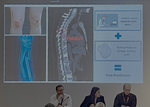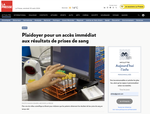NICE, ROKS, Opal
In the Kildea Lab at the Research Institute of the McGill University Health Centre (RI-MUHC) we are studying how ionizing radiation causes and cures cancer, and we are building person-centered software to power the learning healthcare system of tomorrow.
In our all lab’s activities, we aspire to uphold the principles of equity, diversity, inclusion and openness.
Our research projects fall into three broad categories: (1) Neutron-Induced Carcinogenic Effects (NICE) projects, (2) Radiation Oncology Knowledge Sharing (ROKS) projects, and (3) Opal projects.
Opal is the award-winning patient portal that is developed and operated by the Opal Health Informatics Group (O-HIG) at the RI-MUHC. John Kildea is a co-founder of the O-HIG and he directs its research and innovation activities. Opal is powering the Quebec SmartCare Consortium in which John is the principal investigator.

Latest News
What’s happening in the Kildea lab
Featured Publications
Representing the NICE, ROKS and Opal projects of the lab. All publications are listed under the Publications menu.
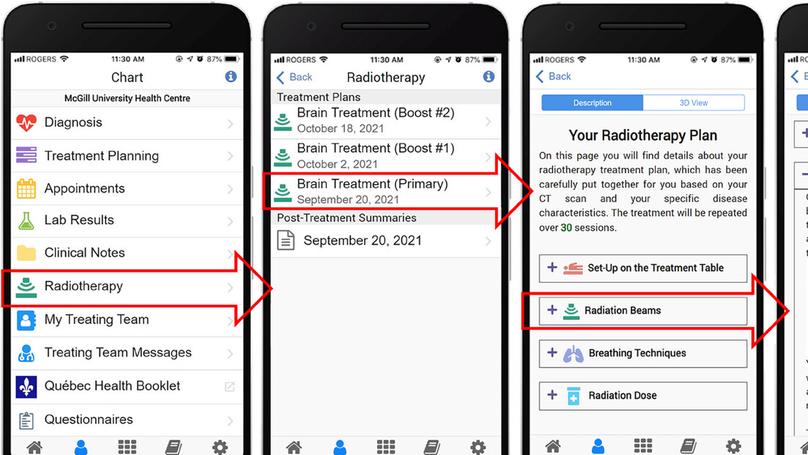
This paper describes the prototype radiotherapy menu that Kayla O’Sullivan-Steben built for the Opal patient portal as part of her MSc thesis project at McGill University
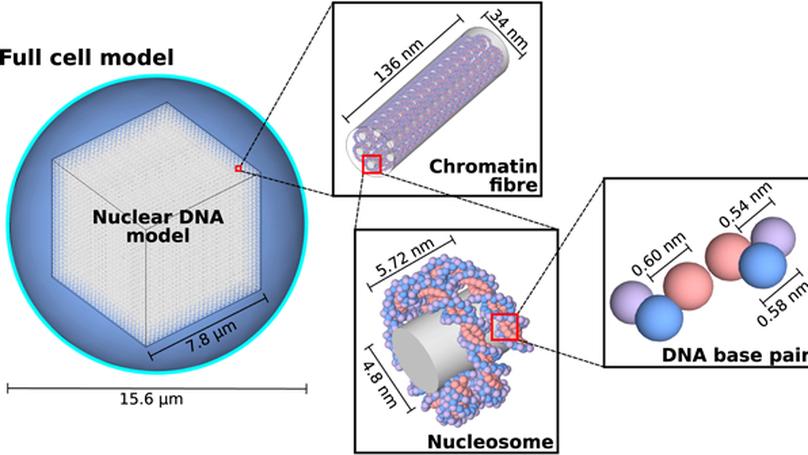
This paper describes the work undertaken by James during his MSc project, simulating the indirect action of neutron radiation on DNA.
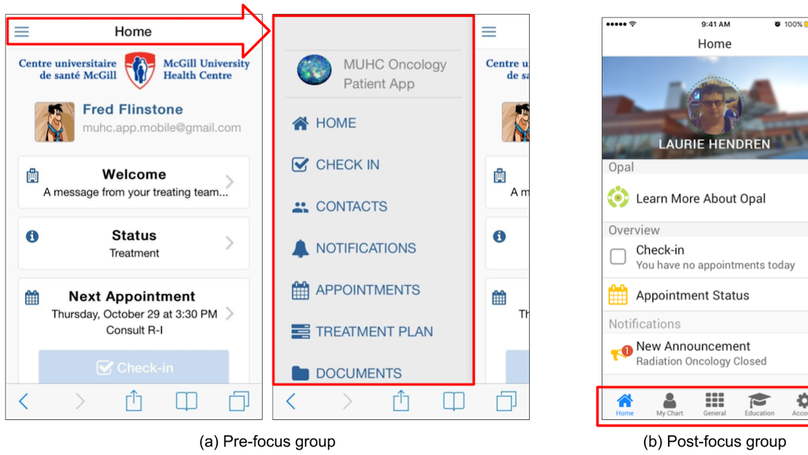
This paper describes the pioneering process of participatory stakeholder co-design that our research team used to build and deploy the Opal patient portal at the Cedars Cancer Centre of the McGill University Health Centre.
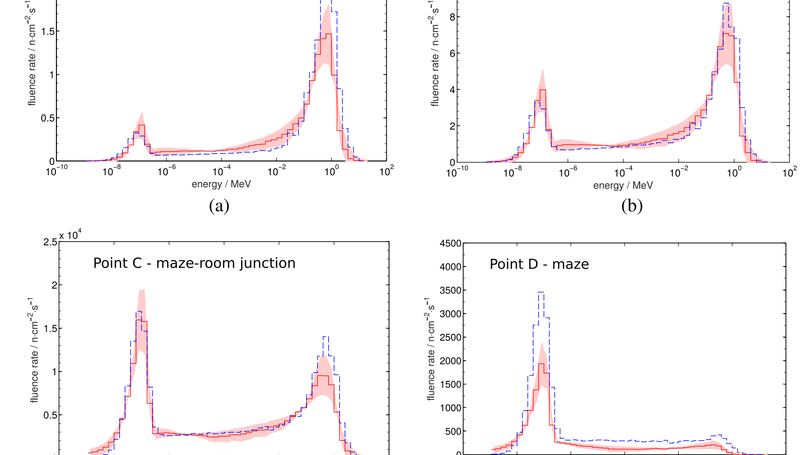
This paper, which was listed in Editor’s Picks 2015, was our pioneering report in the field of neutron spectrometry that demonstrated how Detec’s Nested Neutron Spectrometer (NNS) could be used for practical neutron spectral measurements in radiotherapy environments. Using the NNS in passive mode, we were able to determine a radiotherapy neutron spectrum in just over an hour, whereas previously such measurements took days or weeks using passive techniques. Our NICE research program builds upon this initial work.
